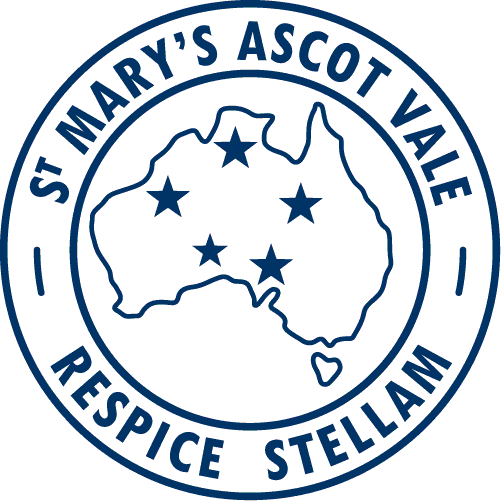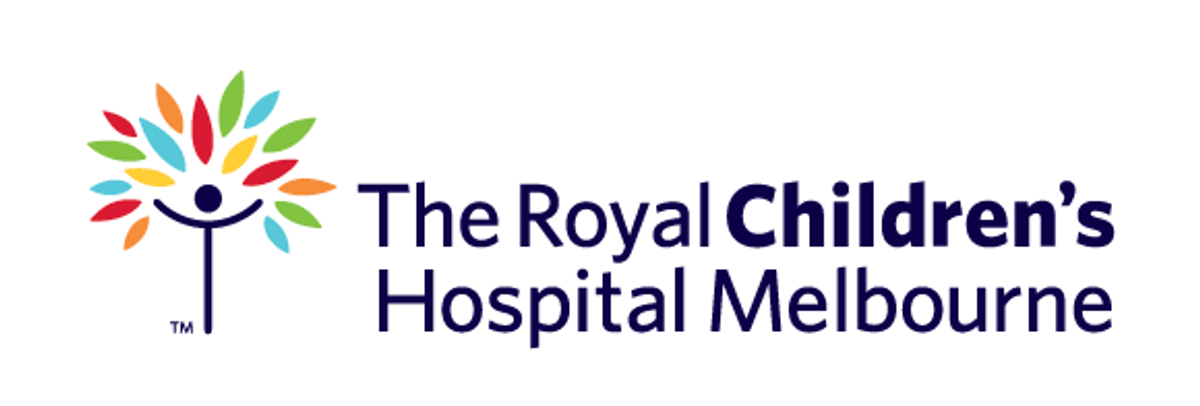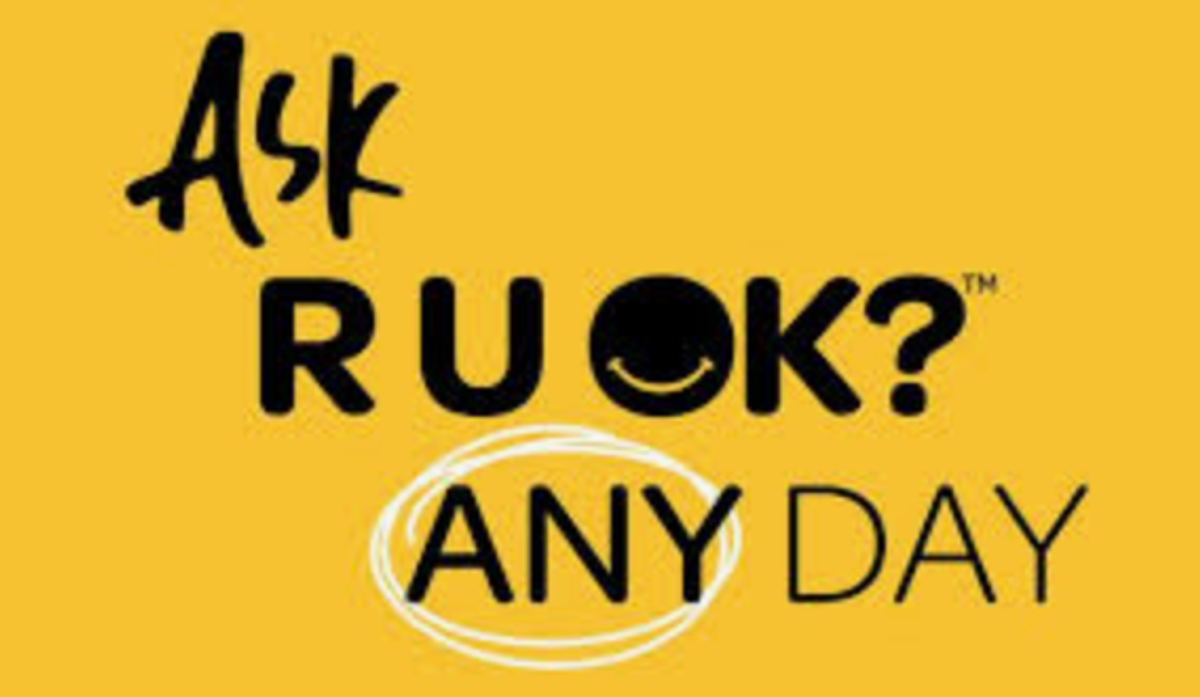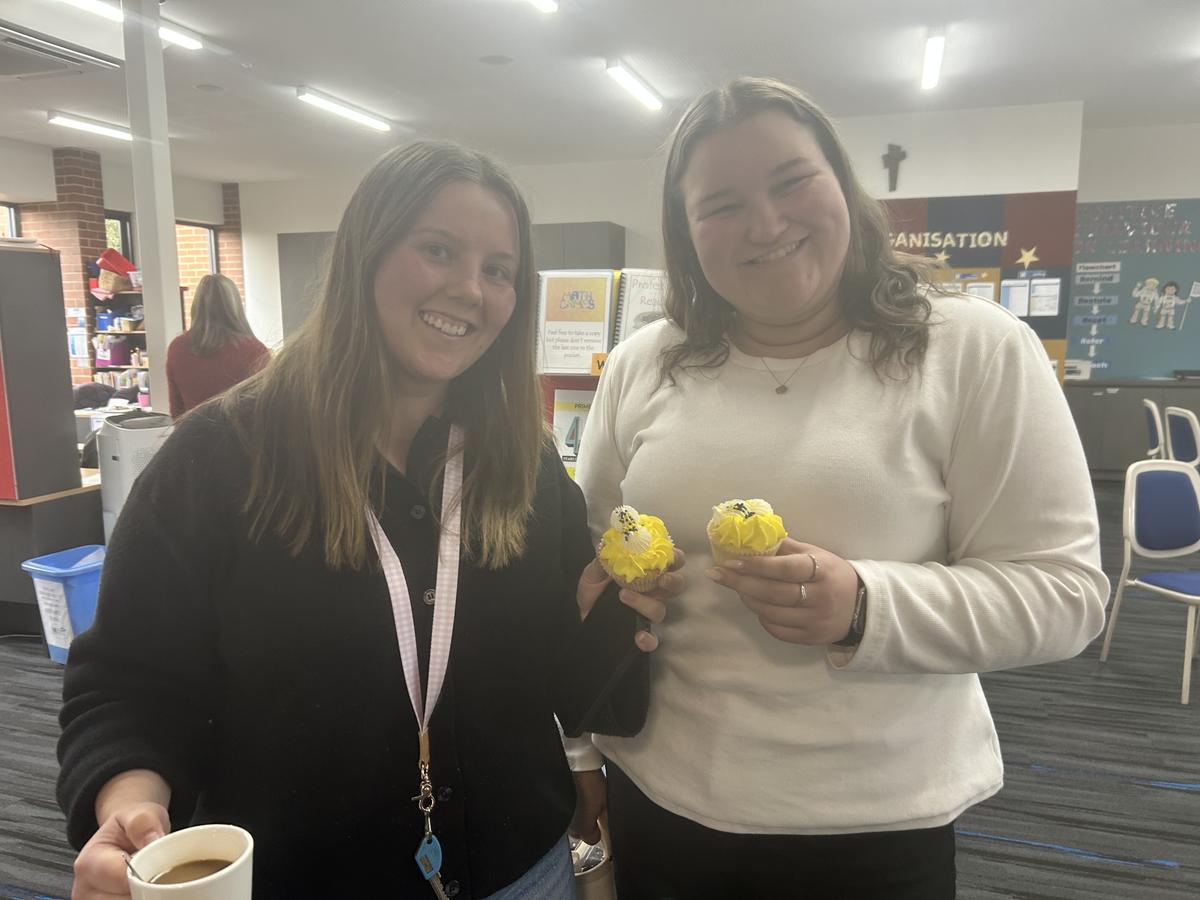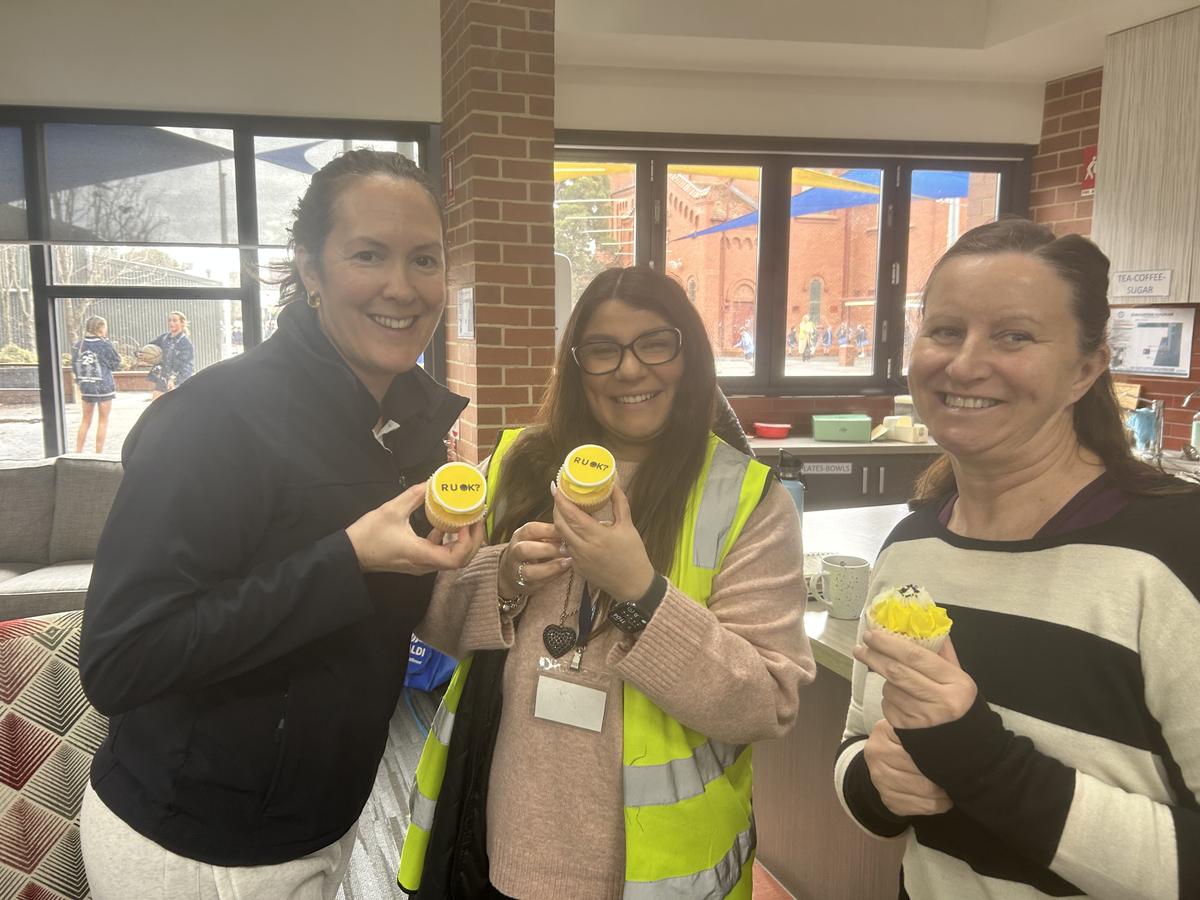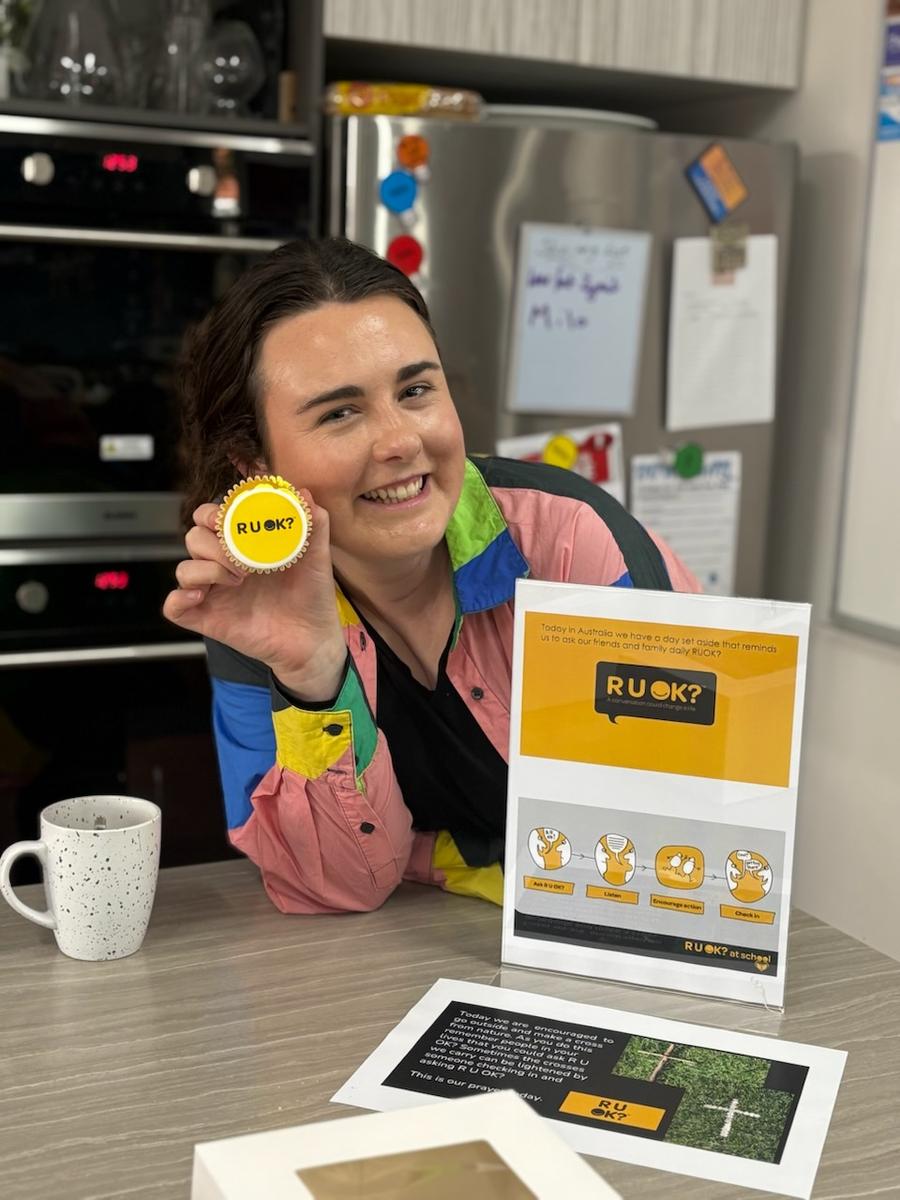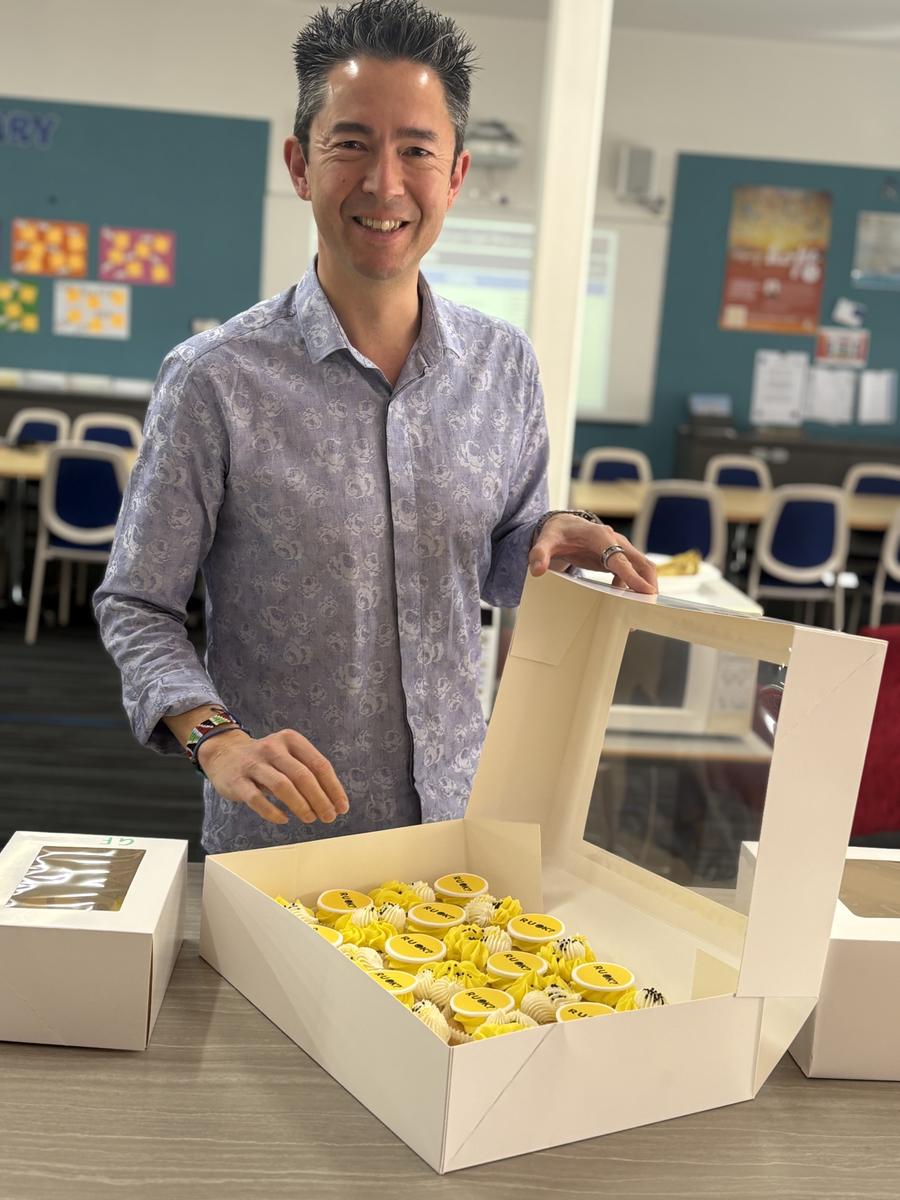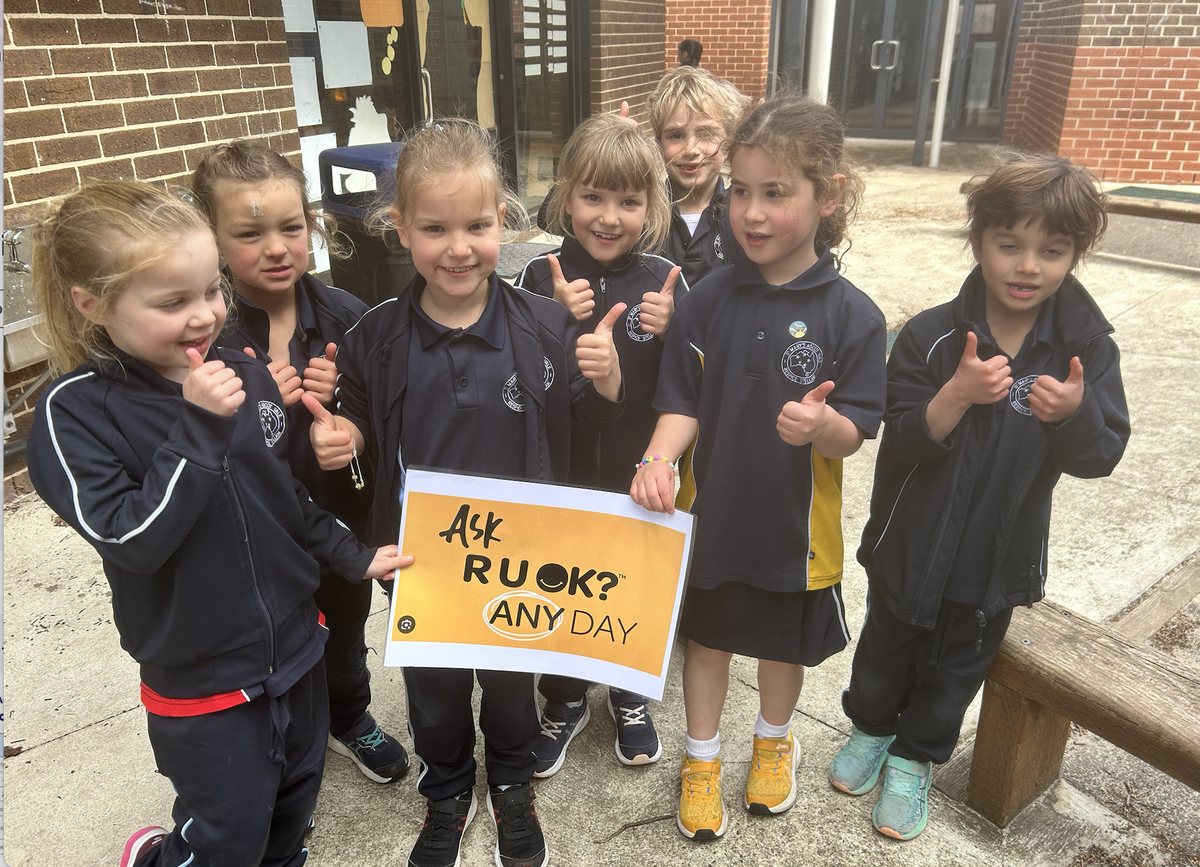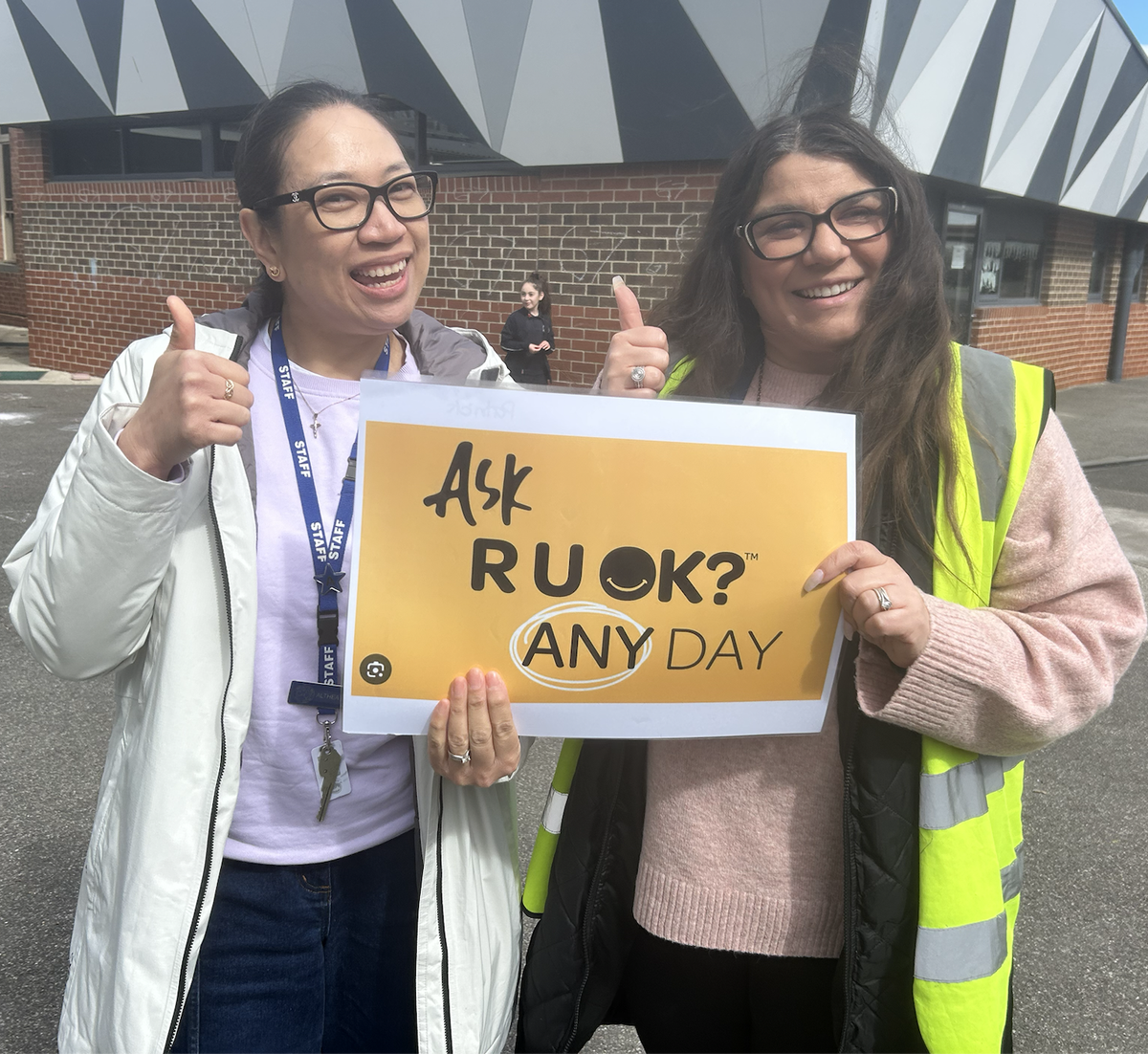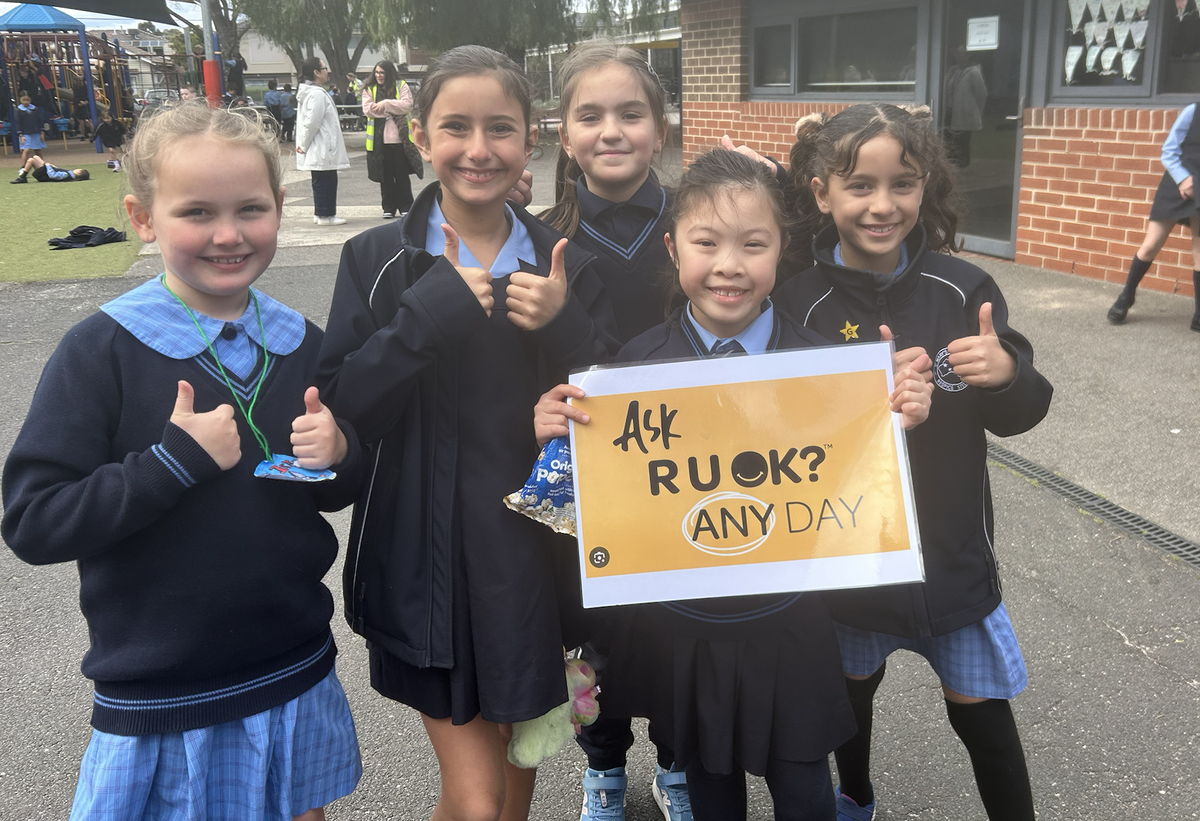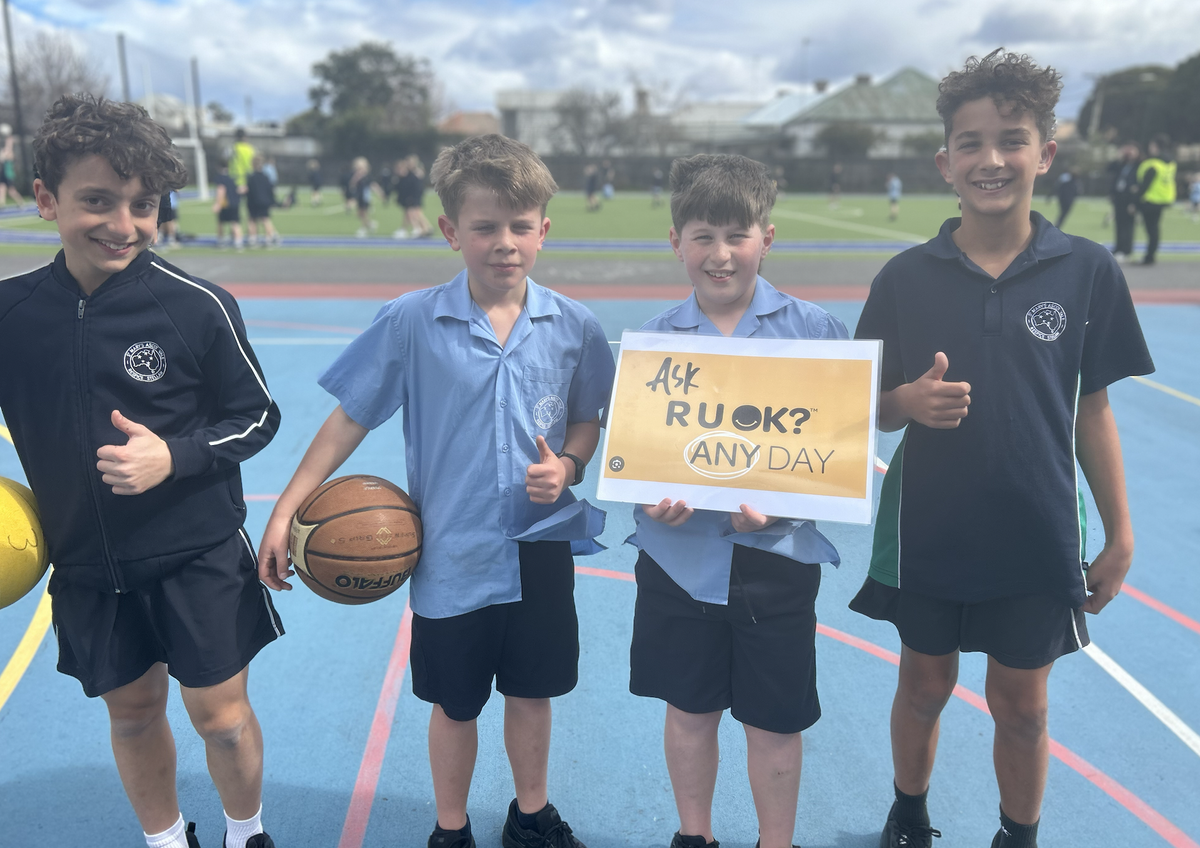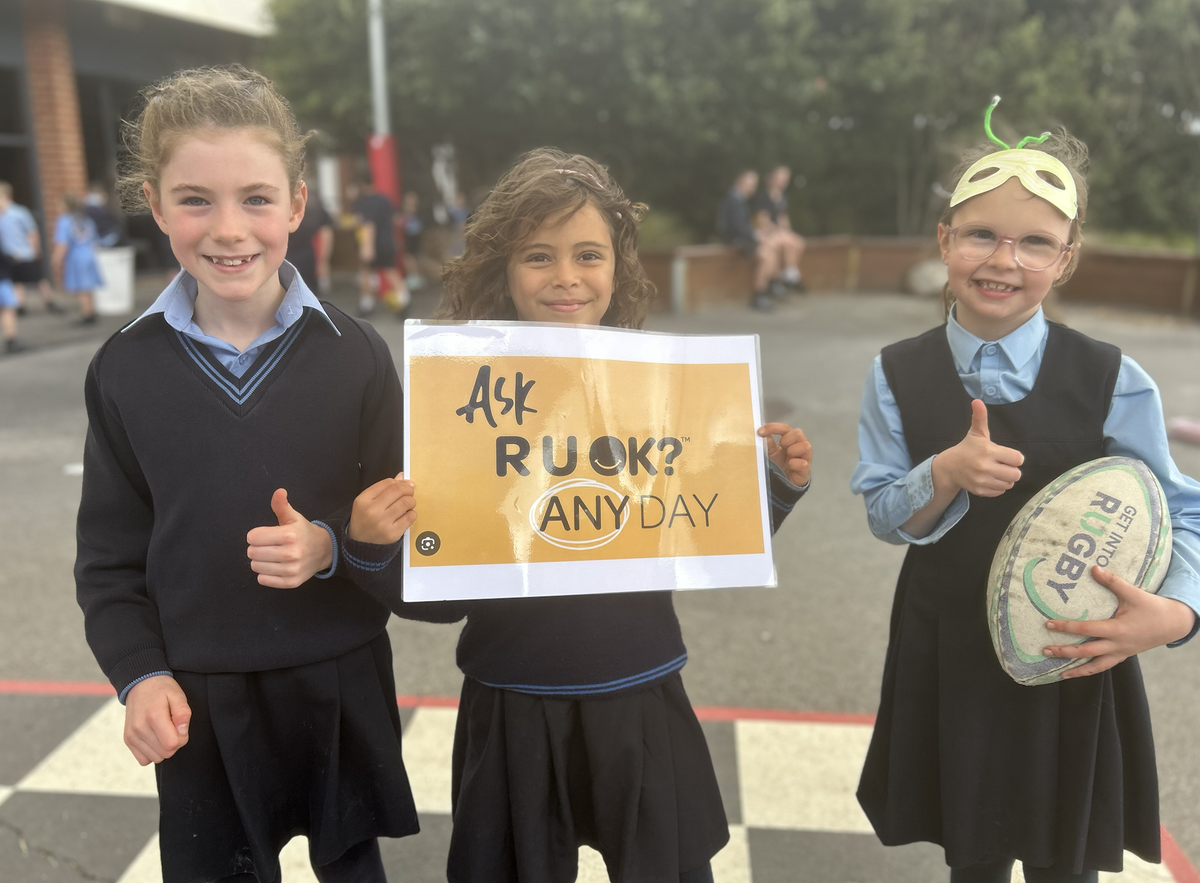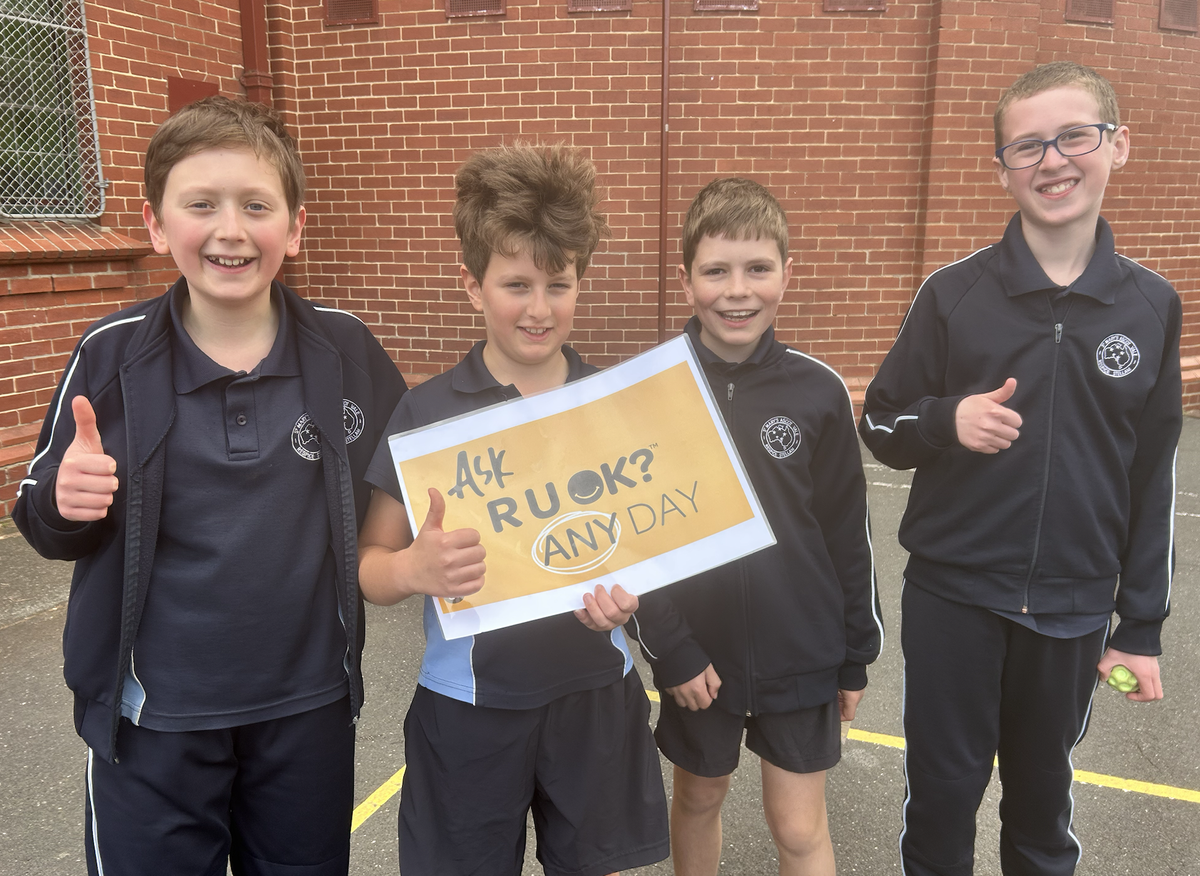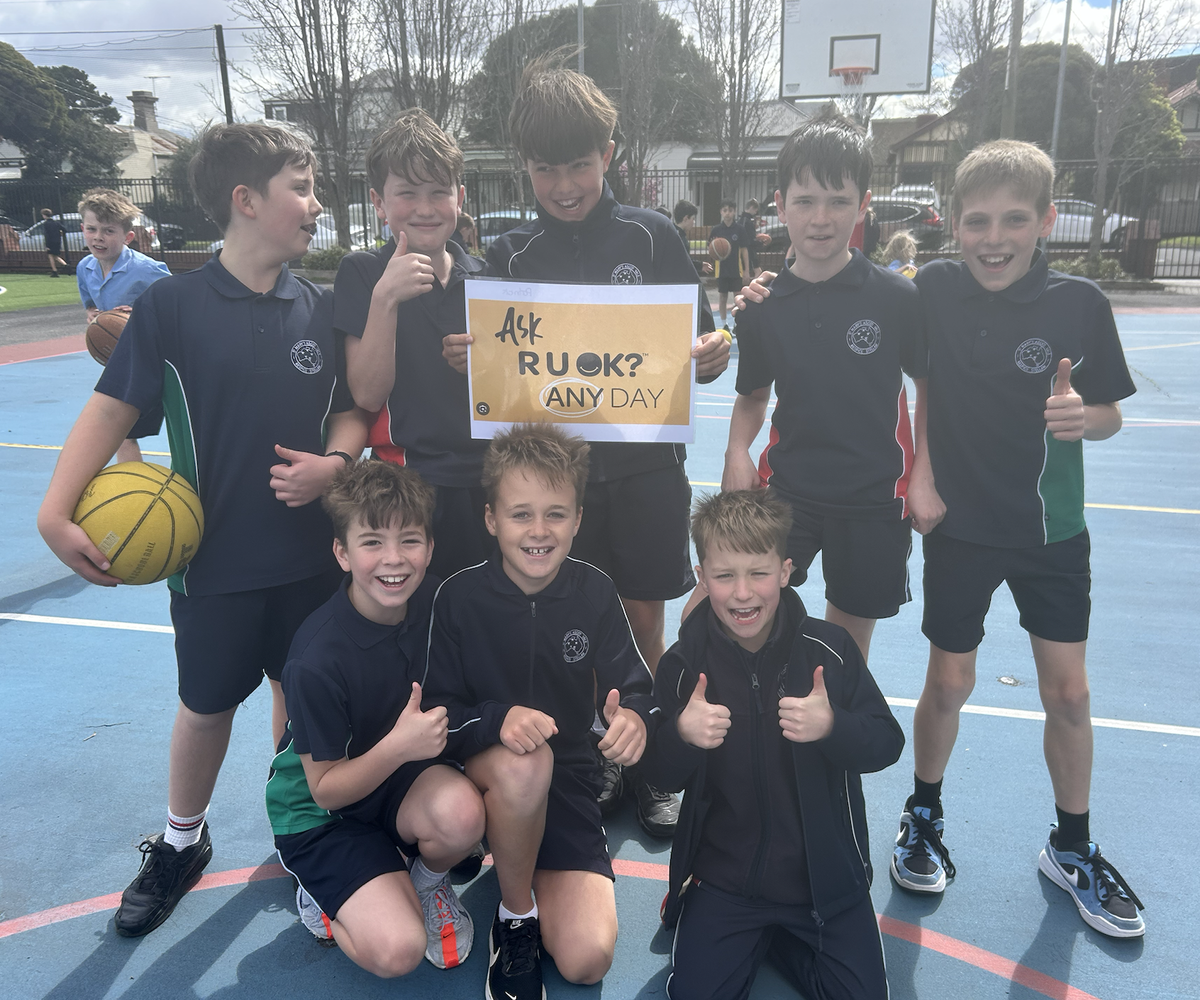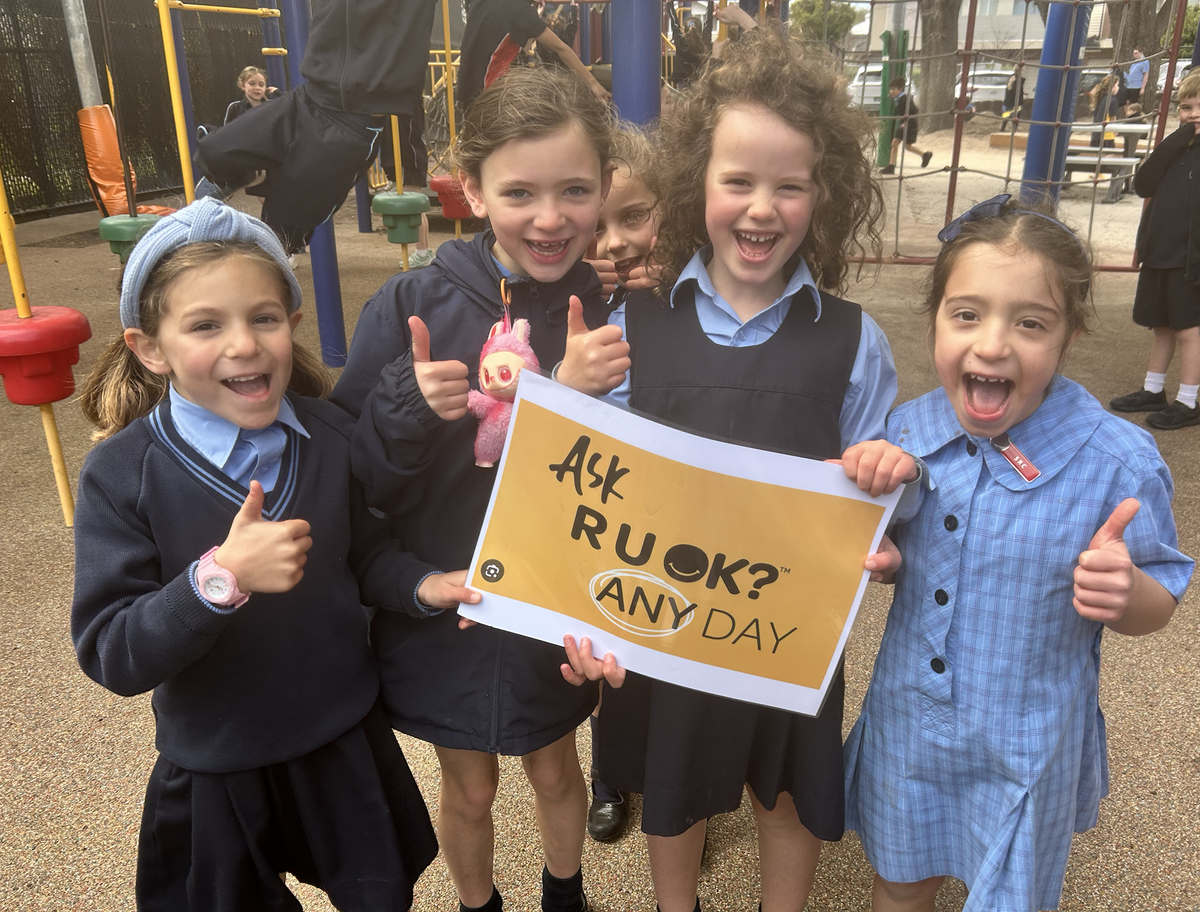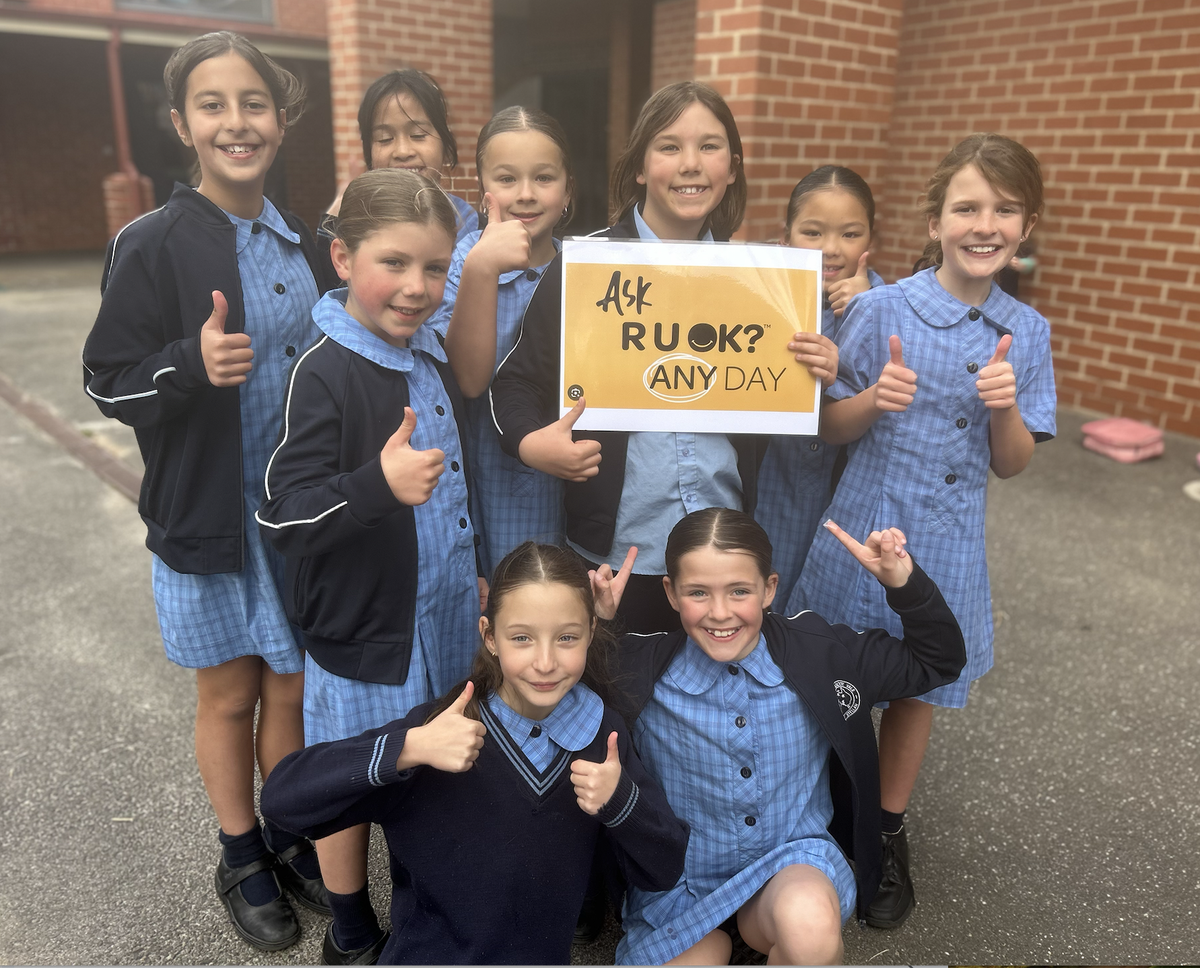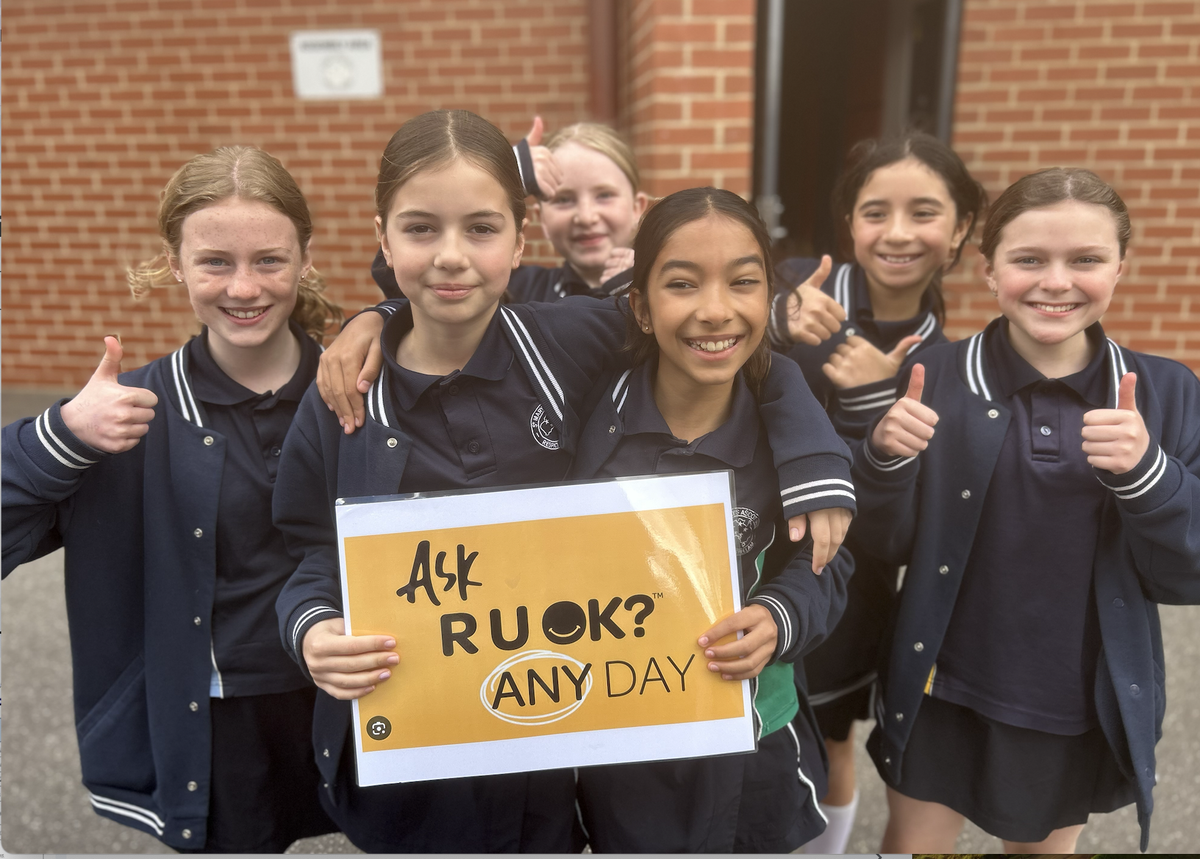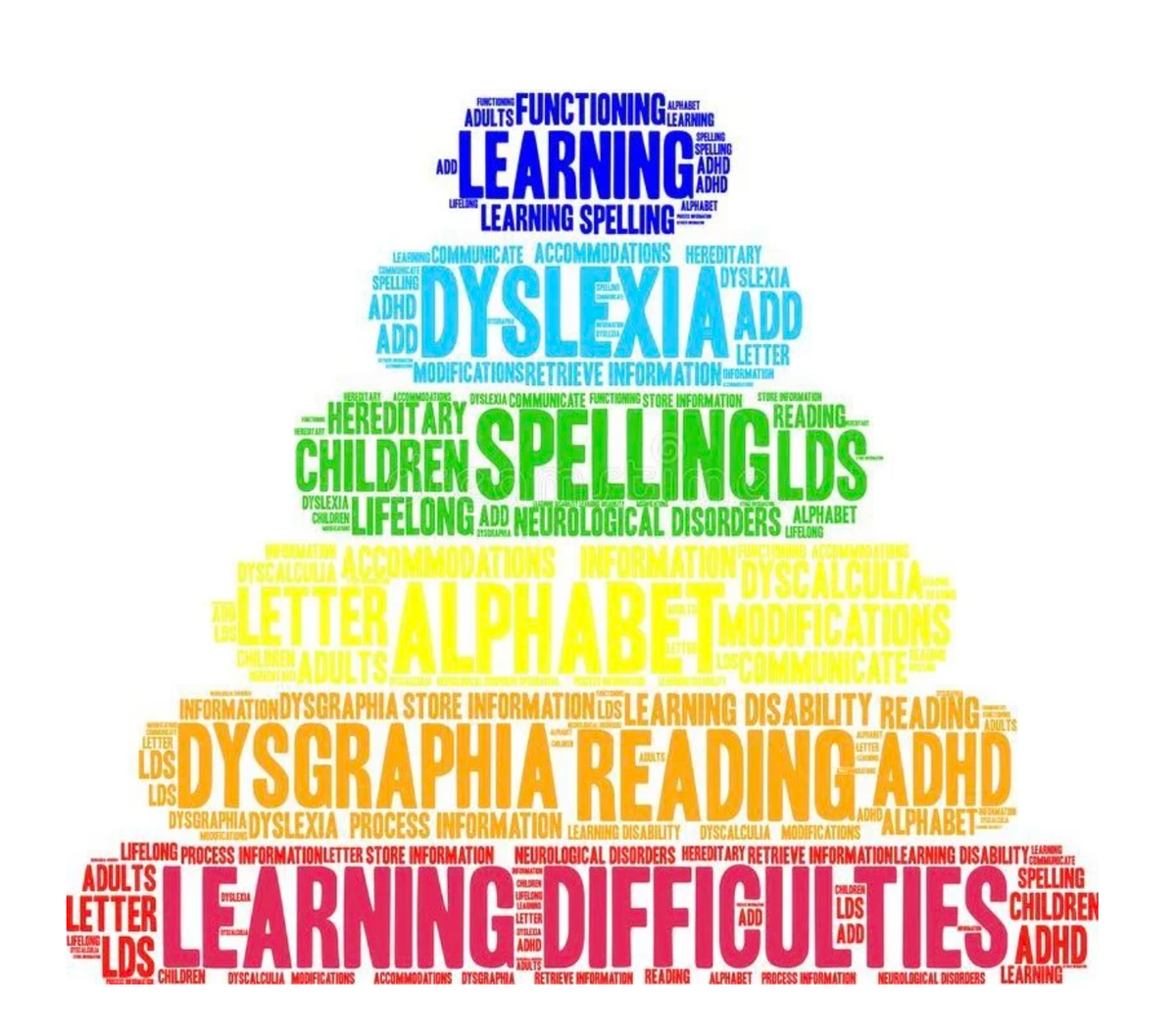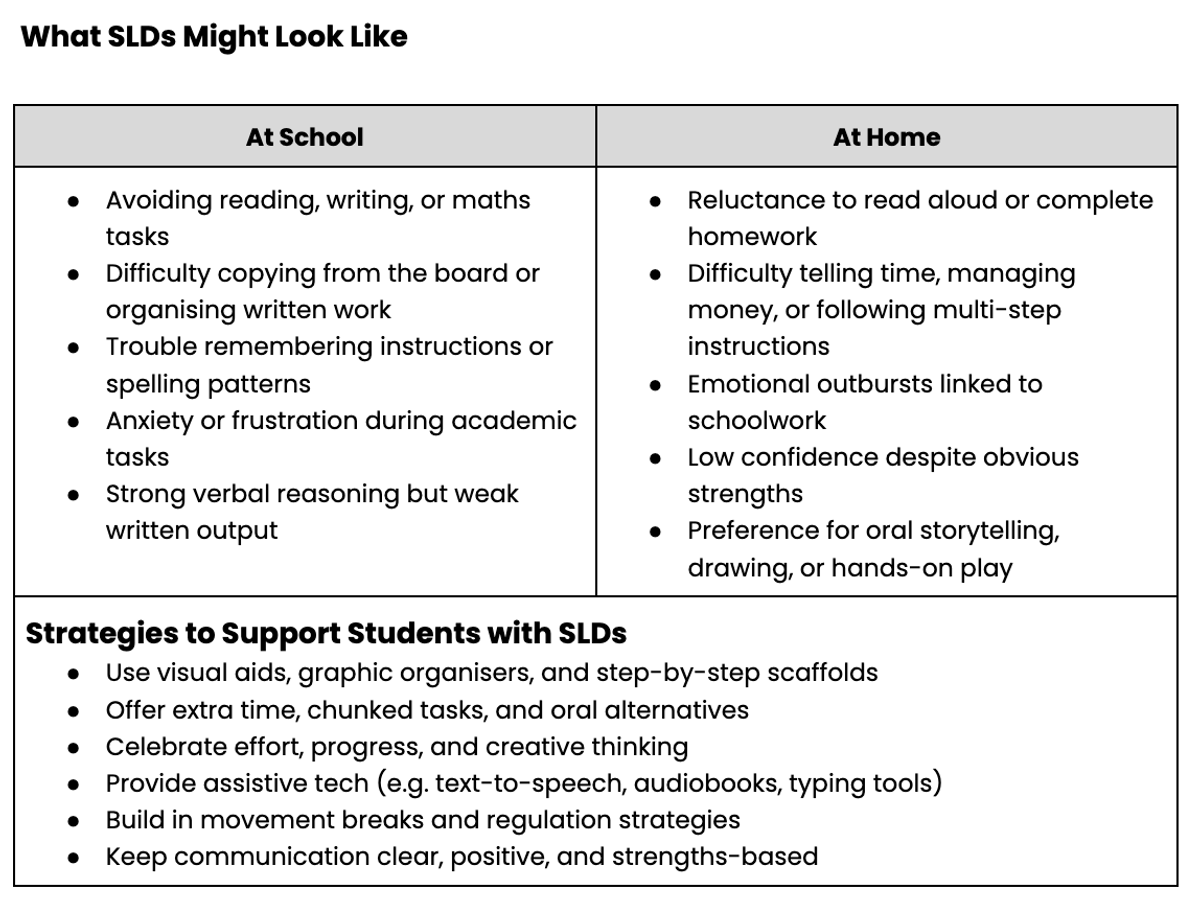Wellbeing & Inclusion

Supporting Family Wellbeing: Trusted Health Info from RCH
As we head into spring, we’re sharing a fantastic resource from the Royal Children’s Hospital (RCH) designed to support families with practical, trustworthy health information.
The latest Kids Health Info Educator Newsletter includes:
- Tips for finding reliable online health info
- Head lice (nits) treatment and prevention
- Asthma action plans and first aid
- What to expect at the emergency department
These resources are designed to empower families and young people to make informed decisions about their health and wellbeing. Each fact sheet is developed by RCH clinicians and reviewed for clarity and accuracy.
Explore the full collection of fact sheets and educator resources at Kids Health Info – The Royal Children’s Hospital.
A huge thank you to Sarah Connolly for sharing this valuable resource with our school community.
R U OK? Day
Thursday 11 September 2025
Let’s make talking about feelings part of everyday life.
At St Mary’s, we’re proud to support R U OK? Day, a national reminder of the power of checking in, especially with our children. This week, our Year 6 R U OK? Ambassadors led a moving assembly, sharing a message of empathy, connection, and courage with our school community.
They spoke about the importance of noticing when someone might be struggling, listening without judgment, and having the confidence to ask, “Are you OK?”, not just today, but every day. Their words encouraged us all to be kind, to be present, and to create a culture where everyone feels seen and supported.
This year’s theme is “Ask R U OK? Any Day”, encouraging us to make caring conversations part of our daily routine. Whether it’s a quiet moment at pick-up, a chat over dinner, or a check-in during playtime, asking “Are you OK?” can help children feel safe, supported, and understood.
Throughout the week, students took part in age-appropriate activities that build emotional awareness, kindness, and peer connection. We encourage families to continue these conversations at home.
Helpful Resources for Families
- R U OK? Education Hub – Posters, conversation starters, and activities for children
Student Wellbeing Hub – R U OK? Day – Tools to support wellbeing at school and home
Let’s work together to build a community where every child feels heard, valued, and supported—every day of the year.
Embracing Diverse Ways of Learning
Understanding Specific Learning Disorders (SLD)
At St Mary’s, we celebrate the many ways children learn, think, and express themselves. Some students face persistent challenges with reading, writing, or maths, not because they aren’t capable, but because their brains process information differently. These are known as Specific Learning Disorders (SLDs), and they include:
- Dyslexia – difficulty with reading and spelling
- Dysgraphia – difficulty with writing and fine motor skills
Dyscalculia – difficulty with understanding numbers and maths concepts
SLDs are lifelong neurodevelopmental conditions. They’re not a reflection of intelligence, many students with SLDs are highly capable, creative, and insightful. With the right support, they can thrive academically and emotionally.
Facts About SLDs
- Students with dyslexia may have strong verbal skills and vivid imaginations, but struggle to decode written words or spell consistently.
- Those with dysgraphia might have brilliant ideas but find it hard to get them onto paper due to handwriting or organisation challenges.
- Children with dyscalculia may be highly intuitive but find number patterns, time, or calculations confusing.
- Many students with SLDs have excellent problem-solving skills and learn best through hands-on, visual, or oral methods.
- SLDs often co-exist with other differences like ADHD or anxiety, and every child’s profile is unique.
Helpful Resources
Videos & Podcasts
- What is Dyslexia? – Child-friendly explainer
- Supporting Kids with Learning Differences – Australian educators share tips
- Parenting Kids with SLDs – Real stories and strategies
Websites & Support
- SPELD NSW – Practical tools and support
- aMAZEin’ Minds Psychology – Strengths-based assessments and advice
Victorian Government – Online Tools for Learning Difficulties
